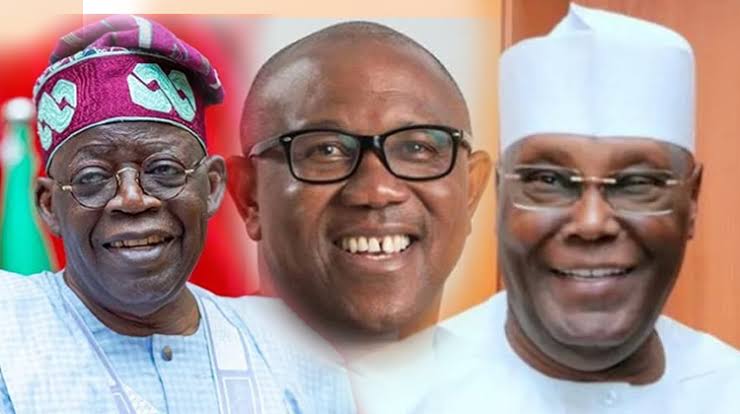By Milcah Tanimu
1. **Three Cases:** Despite initial petitions from five political parties challenging the election result, only three cases remain standing. The main petitioners are Atiku Abubakar and his People’s Democratic Party (PDP), Peter Obi and his Labour Party (LP), and the Allied People’s Movement (APM). APM has called for the invalidation of the election result and the declaration of victory for Atiku Abubakar.
2. **Live Broadcast:** In an effort to promote transparency, the tribunal judgment will be televised and broadcasted live by interested television stations. This allows Nigerians across the country to follow the proceedings in real time.
3. **Five Judges:** The three cases will be decided by a panel of five judges. A majority decision agreed upon by at least three of the judges will determine the outcome of each case. The judges overseeing the cases include Haruna Tsammani, Stephen Adah, Misturat Bolaji-Yusuf, Boloukuoromo Moses Ugo, and Abba-Bello Mohammed.
4. **Not Final Decision:** Regardless of the tribunal’s decision today, it is not the final ruling for presidential election petitions. The losing party or parties can file an appeal before the Supreme Court within 14 days. The Supreme Court then has a maximum of 60 days to deliver a final ruling. This means that a conclusive decision on the election result may not be reached until November.
5. **Historical Context:** Nigerian courts have never overturned the result of a presidential election. Challenges to election results are not uncommon, but the outcomes have consistently favored the initial winners. The last notable exception was in 2015 when Goodluck Jonathan accepted defeat and did not contest Muhammadu Buhari’s victory.





